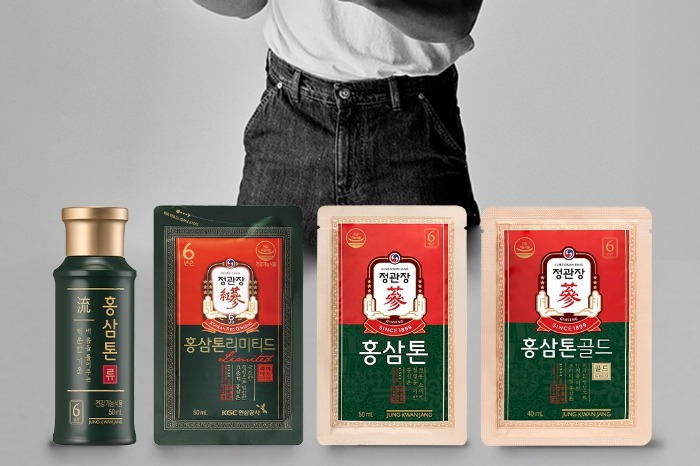
South Korean tobacco maker KT&G Corp. on Thursday unveiled a plan to buy back shares and pay dividends for a total of 3.7 trillion won ($2.7 billion) through 2027, while rejecting Flashlight Capital Partners’ 1.9-trillion-won buyout offer for its wholly-owned unit Korean Ginseng Corp.
Buoyed by the buyback and cancellation plan, its shares rallied to their highest point in almost seven years.
Through 2027, its 3.7-trillion-won shareholder return will break down to 1.3 trillion won for share buybacks and cancellation, including 150.0 billion won it is spending for buybacks this year and additional 2.4 trillion won in dividend payments.
Its share repurchase from Nov. 8 through 2027 will represent about 20% of its outstanding shares as of the end of 2023, according to its regulatory filing. It is aiming to achieve a 15% return on equity by 2027.
KT&G, formerly Korea Tobacco & Ginseng Corp., made the announcement on the same day it delivered a reply to Flashlight’s letter of intent to acquire all shares of Korea Ginseng.

In a letter to Flashlight, KT&G stated it would focus on growing its three core businesses — health functional food, heat-not-burn e-cigarettes and overseas cigarette business — and do its utmost to maximize shareholder value with a steady stream of earnings.
The company also requested Flashlight do not spread false fact, including one about its enterprise value so as not to cause confusion to shareholders and the stock market.
It denied the Singapore-based invsetment firm’s statement that KT&G valued itself at 1.2 trillion-1.3 trillion won, saying it was estimats from some analysts and the company quoted it during its 2023 investor day.
Flashlight claimed Korea Ginseng, South Korea’s indisputable leader in the health functional food market, was significantly undervalued, therefore its value was not properly reflected in KT&G’s share price.
The investment firm was founded in 2020 by Lee Sanghyun, a former Seoul chief of The Carlyle Group. It is known to hold less than 1% stake in KT&G.
In 2022, it urged the world’s No. 5 tobacco maker to spin off the ginseng arm and separately list it on the stock exchange. But KT&G refused the suggestion, also made by other activist funds.

The buyback plan was revealed shortly after it flagged a better-than-expected operating profit in the third quarter.
Its operating profit rose 2.2% to 415.7 billion won in the third quarter from the same period last year. Revenue slipped 3.1% on-year to 1.6 trillion won. But its net profit declined 28.0% on-year to 239.9 billion won in the July-September quarter.
Compared with the preceding three months, its revenue and operating profit jumped by double digits.
Its share price leapt 10.4% to finish at 119,700 won on Friday, after soaring to as high as 123,000 won, its intraday peak in almost seven years. Its previous peak was 126,500 won scraped on Nov. 27, 2017.
By Ji-Yoon Yang and Sung-Mi Shim
Yang@hankyung.com
Yeonhee Kim edited this article.















